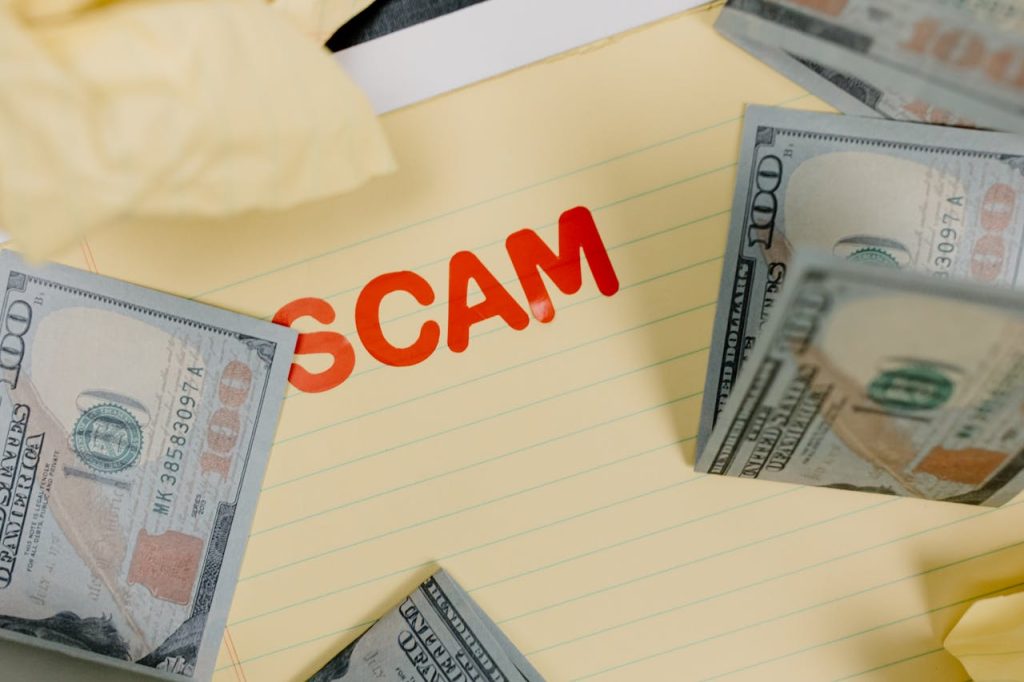
Your personal data is more valuable than you might think. Cybercriminals use stolen identities to open bank accounts, apply for loans, file false tax returns, or access medical services. You might not even realise your data has been leaked — until it’s too late.
Why It Matters?
Identity theft can have devastating consequences:
- Financial loss
- Legal complications
- Damage to your credit score
- Emotional stress
Data leaks are increasingly common. Even trusted companies can be breached — and your leaked email or password could be used in future attacks.
How Identity Theft Happens
📧 Phishing and Social Engineering
Attackers trick you into revealing sensitive info by pretending to be legitimate services.
💻 Data Breaches
Hackers gain access to large databases of user information (emails, passwords, financial data).
🔓 Poor Password Habits
Reusing passwords across sites means if one service is breached, others become vulnerable too.
🗂️ Public Information Exposure
Sharing too much on social media or not securing documents can unintentionally expose key personal details.
How to Know If Your Data Has Been Leaked
Use these tools to check if your email, phone number, or password has appeared in known data breaches:
- Have I Been Pwned
- Mozilla Monitor
- Dehashed (advanced) – for professionals
📬 You may also receive:
Notifications from your bank or credit bureau
Emails warning of suspicious logins
Unexpected password reset requests
Preventive Measures You Can Take
🔐 Use Unique Passwords for Every Site
🔒 Enable Multi-Factor Authentication (MFA)
- Even if your password is stolen, MFA blocks unauthorised access.
🔍 Monitor Your Accounts and Credit Reports
- Review your bank statements monthly.
- In some countries (e.g., UK, US), you can check your credit report for free.
🧹 Reduce Your Digital Footprint
- Delete old accounts you no longer use.
- Use JustDelete.me to simplify this.
📵 Limit Oversharing
Avoid posting sensitive info like your birthday, address, or travel plans.
If You Think You’ve Been a Victim
Consider a credit freeze or fraud alert – through your local credit bureau.
Change your passwords immediately – especially email, banking, and social media.
Enable MFA on all accounts.
Notify your bank and monitor for unusual transactions.
Report identity theft:
UK: Action Fraud
EU: Check your national data protection authority.
Further Reading and Resources
GDPR Rights Overview – GDPR.eu
